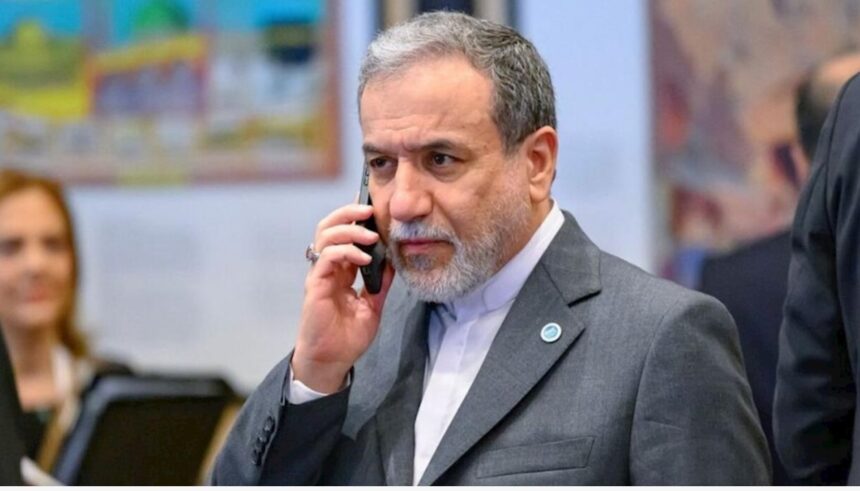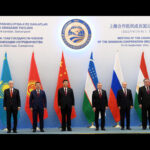TEHRAN —
Iran’s foreign minister has acknowledged that the recent US and Israeli aerial strikes inflicted “excessive and serious” damage on the country’s nuclear facilities, in what appears to contradict earlier official claims from Tehran downplaying the impact.
Speaking to a state broadcaster on Thursday night, Foreign Minister Abbas Araghchi confirmed that Iran’s Atomic Energy Organisation was conducting a full assessment of the damage sustained during the attacks.
The announcement came just hours after Iran’s Supreme Leader Ayatollah Ali Khamenei publicly dismissed US claims that the strikes had severely set back Iran’s nuclear ambitions. Responding to US President Donald Trump’s boast that the bombings had “totally obliterated” three nuclear sites, Khamenei insisted that the attacks had failed to “accomplish anything significant.”
In his first public address since the outbreak of hostilities with Israel on June 13, Khamenei claimed Trump had “exaggerated” the damage and declared that Iran had emerged victorious over both the United States and Israel. The supreme leader has reportedly been in hiding since the conflict began.
However, Araghchi’s candid remarks appeared to challenge that narrative. While refraining from offering specific details on the extent of the destruction, his comments indicated that the nuclear programme may have suffered greater setbacks than Tehran had previously admitted.
The foreign minister also made it clear that Iran has no intention of resuming nuclear negotiations with the United States at this time. Talks, which had been expected to enter their sixth round, were suspended following the outbreak of the conflict sparked by Israeli military action.
“I would like to state clearly that no agreement, arrangement, or conversation has been made to start new negotiations,” Araghchi said, adding that any diplomatic effort going forward would be guided solely by what is deemed in the “interest of the Iranian people.” He suggested that Iran’s diplomatic approach will now take a “new form,” though he did not elaborate further.
Meanwhile, CNN reported that the Trump administration is exploring ways to draw Iran back to the negotiating table. Proposals under discussion reportedly include providing Tehran access to $30 billion for developing a civilian nuclear energy programme, easing economic sanctions, and unfreezing billions of dollars in Iranian funds that are currently restricted.
However, recent developments within Iran could complicate such efforts. On Wednesday, Iran’s parliament passed legislation aimed at terminating the country’s cooperation with the International Atomic Energy Agency (IAEA), the global nuclear watchdog. If enacted, the bill would end international inspections of Iran’s nuclear sites—an act that could further heighten tensions and undermine diplomatic progress.
Israel has defended its offensive as necessary to derail what it claims are Iranian efforts to build nuclear weapons, a charge Tehran has consistently denied. Iran maintains that its nuclear programme is strictly for civilian energy purposes.
The United States formally entered the conflict last weekend, conducting targeted strikes on Iranian facilities at Fordo, Natanz, and Isfahan. Following the attacks, President Trump pivoted quickly to broker a ceasefire between Iran and Israel.
US Defence Secretary Pete Hegseth asserted that intelligence shared by Washington and Tel Aviv showed the strikes had “significantly damaged” Iran’s nuclear infrastructure, potentially setting the programme back by years. However, a leaked preliminary report from the Pentagon offered a more conservative assessment, suggesting the damage might only have delayed Iran’s nuclear capabilities by a few months—a claim the White House has since dismissed.
Iran’s health ministry has reported that 610 people were killed over the course of Israel’s 12-day aerial bombardment. On the other side, Israeli officials stated that 28 individuals were killed in Israel during the conflict.






